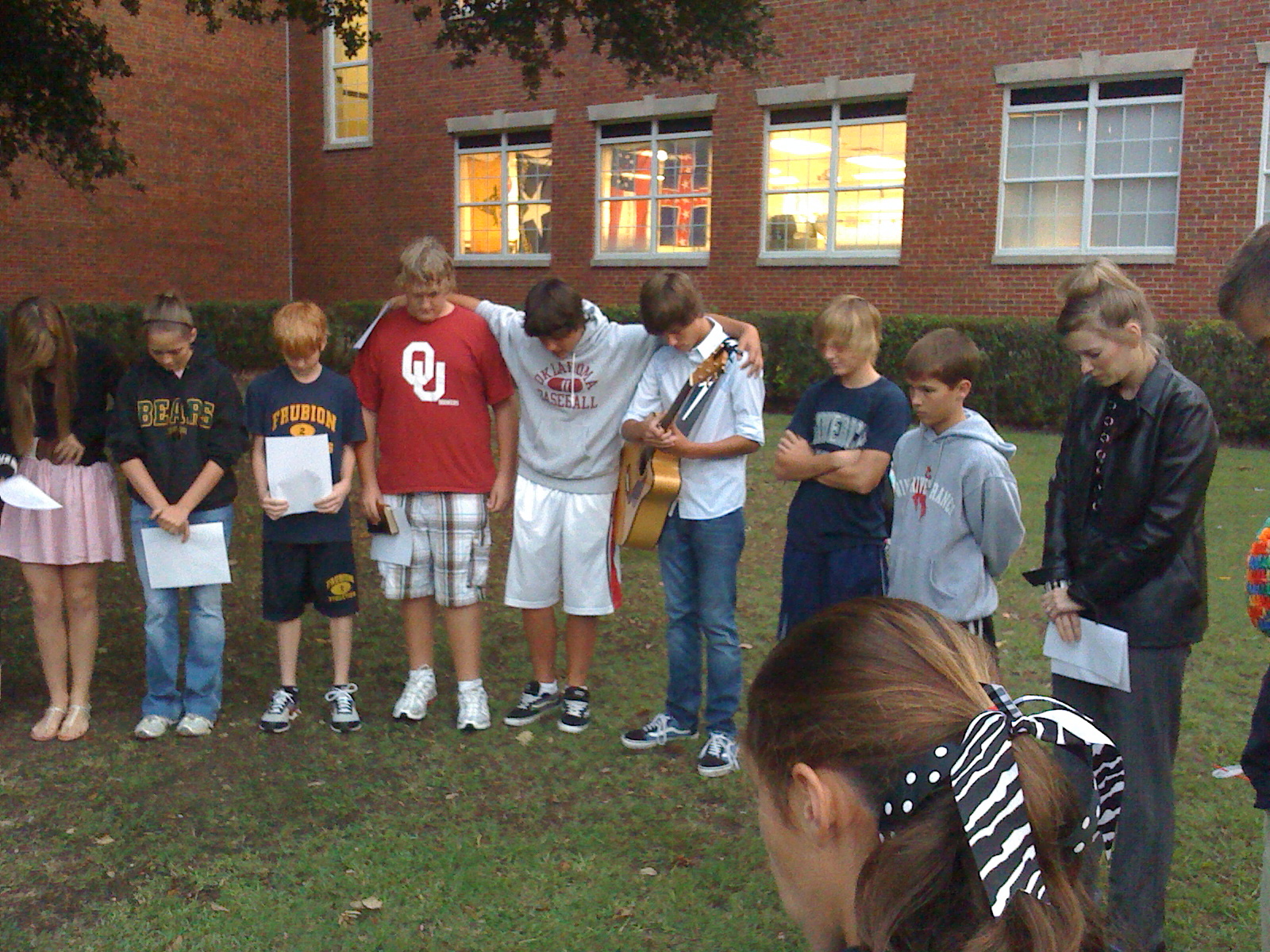Core vs. Non-Core (Part 1)
I’ve been asked recently to post my thoughts and approach as a pastor of a diverse, growing, and dynamic church in transition. I’ve met with several pastors recently who have sought guidance in the leadership of churches in decline. The challenge for these pastors is always the same: They have a clear calling and vision from God and they are leading some (or many) people who don’t want to make necessary changes to get there. First of all, (for all my pastor friends) every church is unique and each pastor must seek the Spirit’s guidance in his own context. It is true that all churches are in transition; it’s just some just don’t know it- you’re either growing or you’re dying. But I have learned that certain truths are transferable in pastoral leadership form church to church, regardless of size or demographics.
So, here’s the first of a three-part series on what is at the heart of transitional leadership in the church. I’ve stated this in several contexts of leadership and I believe it will be helpful for other pastors/leaders who are struggling to guide their flock. The main challenge in transitional leadership (leading change) in the church is a collision of core vs. non-core issues. Here’s how I explain it: The core of the Church is the Gospel of Jesus Christ (even more, Jesus Christ Himself). We are called to share, explain, proclaim, and live out the Gospel. Mostly, even a defense of the Gospel becomes unnecessary if it is lived out and explained. But this is the core: That Christ died for our sins and it is through Him alone that all can be saved.
Here’s the progression of thought and why there are (and should be expected) conflicts in churches: Our Gospel is a Gospel of Grace. This is the one message we have. Our God is a God of grace and He offers His grace freely to all so we offer that same grace freely to others as well. If we do not, by definition, it is something other than grace that we offering. Of course, grace means inclusion will be a high value that follows. The Gospel of grace means that His love is available to all; our God is an inclusive God and wants everyone in His family. Inclusion will logically bring about diversity in the Body if we’re really a community of grace. With diversity then, logically, will come different opinions and preferences and ultimately conflict. No one should be surprised when conflict comes in the church. If there is no conflict (particularly in a transitioning church) it simply means that you’re not leading and not reaching new people.
So here it is: Grace > Inclusion > Diversity > Conflict (the challenge of every pastor proclaiming the Gospel of Grace).
So, what’s a pastor to do? If he’s doing his job he’s got trouble! The great task of the pastor/leader is to constantly define the core. Here’s the Good News: The core is the Good News- it’s the Gospel of Jesus Christ. You don’t have to figure out what the core is. We preach Christ and Him crucified. Our mission is clear: to know Christ, grow in Christ, and show Christ to the world. By definition then, that defines all that’s not core. A pastor (and a church family) must decide that they will examine, explore, unpack, and live out the core. In fact, I think it is the Christian’s duty to die for the core. But it is also equally important that we understand that we will not die for non-core issues. And we will not let non-core issues divide us. By definition, the core does not change (and never will) but if it is not core it must be open for change. It may not need to change but we must be willing to allow it to change. Non-core issues (styles, preferences, forms, programs, traditions) must be open to change or they have become core. This is the stuff that pseudo-Christian cults are made of: non-core issues become core (or core issues become non-core).
The leaders role then, is to constantly bring people to the core, define the core, proclaim the core. As we rally around the core, the non-core issues become secondary, even trivial because we start to realize that, in the end, the core (the Gospel of Jesus Christ) is all that matters. Let’s stick to the core and never let non-core issues divide us. in Part Two I’ll talk about how to preserve the core and, at the same time, stimulate progress and innovation.



